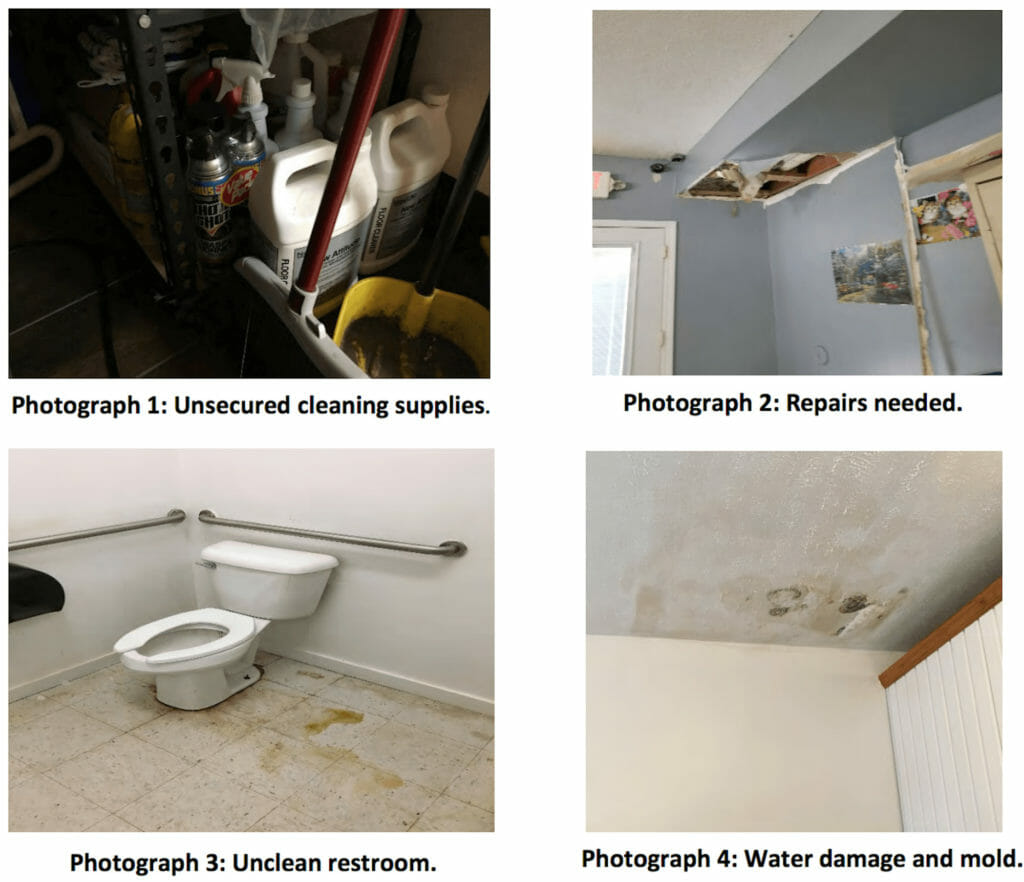
adult day healthcare facilities.
Kentucky put at risk the health and safety of some older and disabled adults receiving home- and community-based services through section 1915(c) Medicaid waivers because its annual inspections were “insufficient,” according to a report released Tuesday by the U.S. Department of Human and Human Services Office of Inspector General.
The state did not fully comply with federal and state requirements, the OIG said.
The office conducted unannounced visits at 20 adult day healthcare facilities in July and August 2018. Twelve of the 20 providers, according to the report, did not comply with one or more health and safety requirements, and 10 did not comply with one or more administrative requirements.
Overall, inspectors said they found 63 instances of provider noncompliance, including 26 instances of noncompliance with health and safety requirements. The other 37 instances were related to administrative requirements, some of which could “significantly” affect health and safety, the OIG said.
Issues of noncompliance included the presence of unsecured cleaning supplies, dirty restrooms, water damage and mold, and understaffing as well as failure to complete required criminal background checks or drug tests for staff members, lack of license documentation for social workers, and lack of documentation for dates and duration of service, services delivered, arrival and departure times, or monthly progress notes. Some providers did not perform or document required training or new employee orientation, and one provider had a policy allowing for physical restraint of program participants, which is not permitted.
As part of modifications to its provider recertification process in April 2018, the state now annually reviews all providers and uses a certification tool during an announced site visit to each provider, the report noted. Still, the OIG recommended that the state ensure that providers correct the 63 instances of noncompliance identified in the report, consider unannounced site visits as a way to improve its oversight and monitoring of providers, improve its certification tool and work with providers to improve facilities, staffing and training.
State officials said they are revising regulations and supplementing policy manuals to clearly define facilities, staffing and training requirements.



